“Co-parenting is not a competition between two homes. It is a collaboration of parents who are doing what is best for the children.” – Unknown
Key Points:
Co parenting is an arrangement after divorce in which both parents participate in their children's upbringing and activities. People may choose to co-parent to put children's wellbeing ahead of conflict, as contact with both parents is often beneficial for kids. Tips for co parenting include focusing on one's kids, committing to at least minimal communication with an ex, and letting go of differences.
If this is your first divorce, you’ll hear the words “co-parent” quite often. But what does that mean? And how is it possible to do that with someone who has hurt you, betrayed you, or simply stopped loving you? Perhaps you also have stopped loving your ex and would rather have as little to do with him or her as possible.
You don’t know what you don’t know — at least not yet. Read on:
What Is Co Parenting?
Co parenting is defined as “a post-divorce parenting arrangement in which both parents continue to jointly participate in their children’s upbringing and activities. This involves a substantial amount of interaction between the parents (both in public and in private),” according to MR. Men’s Rights’ website.
Related: 7 Keys To Co-Parenting After You Have Remarried
Why Co-Parent?
1. It’s about your kids.
Your kids need you both, even if you and your ex don’t agree on some things. Or even if you don’t agree on most things. Your kids need you both because a strong attachment to both of you is the foundation for a healthy and successful future for them.
Unless there is a serious reason why a parent shouldn’t be involved, usually determined by a judge, your kids need you both.
2. It’s about ending the conflict.
Co parenting means that you put the children ahead of your emotions about your ex. You and your ex probably agree on one thing: Your kids are the most important people in your life, and you want to do what is best for them.
Even if you don’t agree on anything else, one thing is almost certain: You both love your kids. So, for their sake, can you put your love for your kids and their wellbeing ahead of your negative feelings about your ex?
How To Co-Parent:
1. Make a schedule that you both agree to.
Make the schedule realistic for both of you, your work schedules, and your kids’ school schedules. Put it in writing so there is no misunderstanding about what you have agreed to.
2. Commit to at least minimal communication.
At the minimum, your communication should help make seamless transitions between on-and off-duty parenting time. Your kids will feel secure knowing that their parents are working together even if divorced. Communication should be brief, neutral, and focused on a specific topic or request. This could be by email or text (if time-sensitive).
Here are some examples:
a. Sam has been more clingy than usual. He needs more hugs.
b. Mel has a spelling test on Friday. Can you please help her practice?
c. Ruby has a birthday party on Saturday at Jax’s house. Can you take her? I would like to take her if you can’t. Please let me know.
d. Toby needs a new backpack. I will bring him one and drop it off tomorrow.
Related: 9 Tips For Co-Parenting With Your Difficult Ex
3. With even a little communication, you can make it easier for your kids.
But the key is keeping your annoyance or anger out of the email or text. Here are some communication examples that will definitely make things worse for you and your kids:
a. I can’t believe you let the kids stay up so late on a school night! What were you thinking?
b. Jess says she hates your cooking. And you need to stop giving them dessert if they don’t finish their dinner.
4. Avoid using your kids as spies, messengers, allies, or confidantes.
It is normal to want to know what goes on at “the other house.” But if your kids feel like you are probing them with your questions, they will feel caught in the middle. It is a burden because it puts your kids into a loyalty bind.
5. You don’t have to have the same rules and expectations at each house.
If you are able to have similar rules, it does make the transition easier for the kids. But if you didn’t agree when you were married, you probably aren’t going to agree now.
a. But that is okay as long as you and your ex are no longer arguing. Your kids will adjust to your different homes. Kids learn that some things are ok at mom’s house, but not at dad’s. They may learn that mom expects them to make their beds in the morning, but dad does not.
b. This will not cause lasting damage to them. But the ongoing conflict between you and your ex will.
Related: 7 Tips for Communicating with Your Children About Your Divorce
6. Letting go is key.
You and your ex both probably think that you are good parents. Nearly all parents have differences in parenting style.
To co-parent successfully, you’ll need to let go of those differences when you can’t agree. Take some breaths, vent to a friend (not your kids), and then move on. You will heal more quickly from the divorce if you can do this.
Want to know more about successful coparenting? Check this video out below!
7. Stay on your side of the fence.
You or your ex may feel that the other parent is controlling or intrusive. This could trigger a fight, but it doesn’t have to. Let it go. It calls for restraint.
Don’t let your ex know when you are critical of his/her parenting unless s/he asks for your feedback or advice. And if your ex is giving you unwanted feedback or advice, just say “thank you for your input” and leave it at that.
8. Your kids don’t need to know what you think of your ex.
Adjusting to divorce takes time and healing. At the same time, you have to learn how to help your children through the divorce. One way is to co-parent effectively with your ex even if you hate each other. Focus on your kids and minimize the friction between you and your ex.
Related: 7 Ways To Help Your Child Cope-Up With Your Divorce
These tips will help you move from parenting in marriage to successful and cooperative co parenting after divorce.
If you have a question or would like to comment you can go to my Facebook page to join the conversation.
© Ann Gold Buscho, Ph.D. 2021
References:
https://mensrightsdivorcelaw.com/blog/co-parenting-and-parallel-parenti… https://www.helpguide.org/articles/parenting-family/co-parenting-tips-f…
Written By Ann Gold Buscho Originally Appeared On Psychology Today
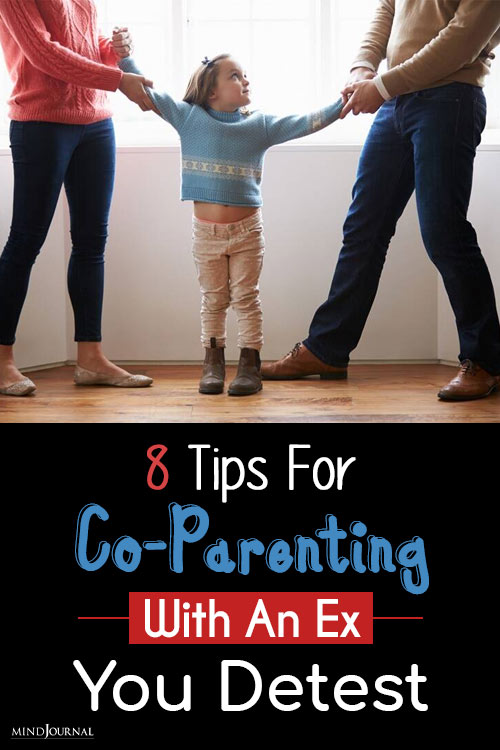
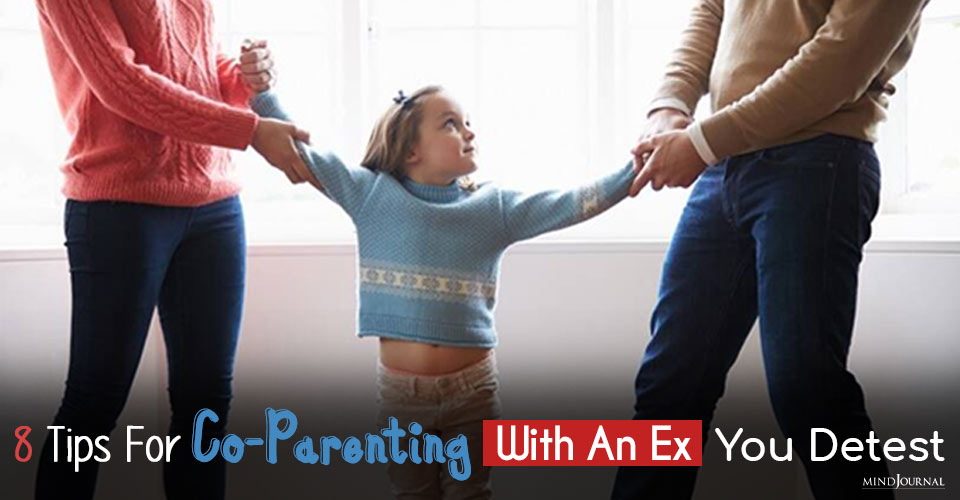




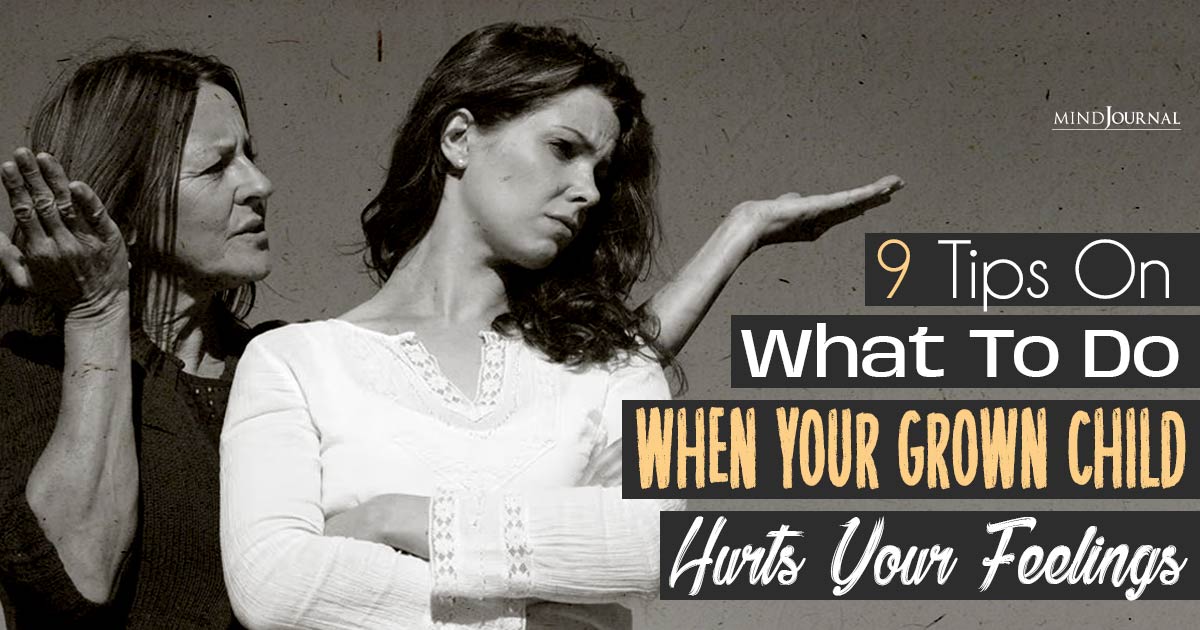
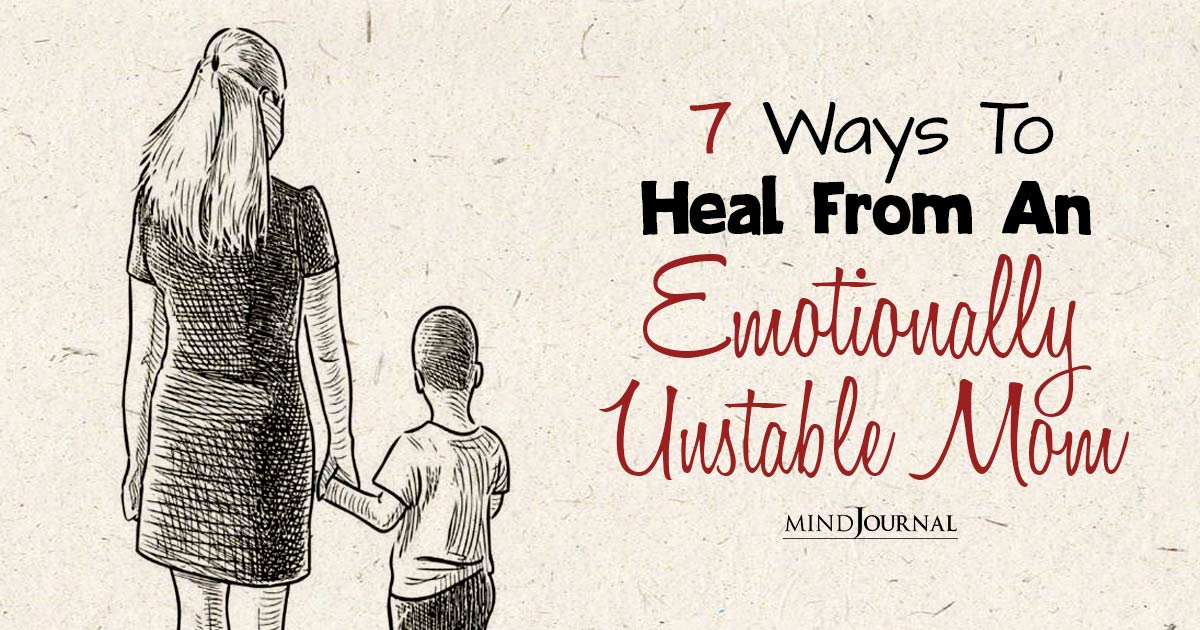
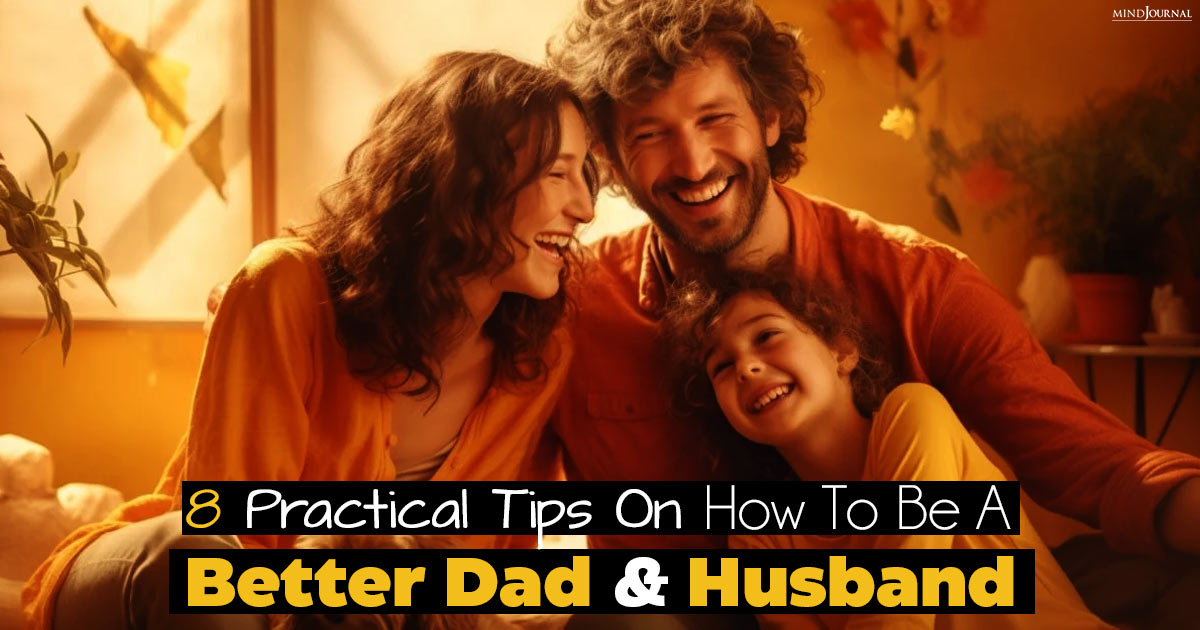
Leave a Reply
You must be logged in to post a comment.